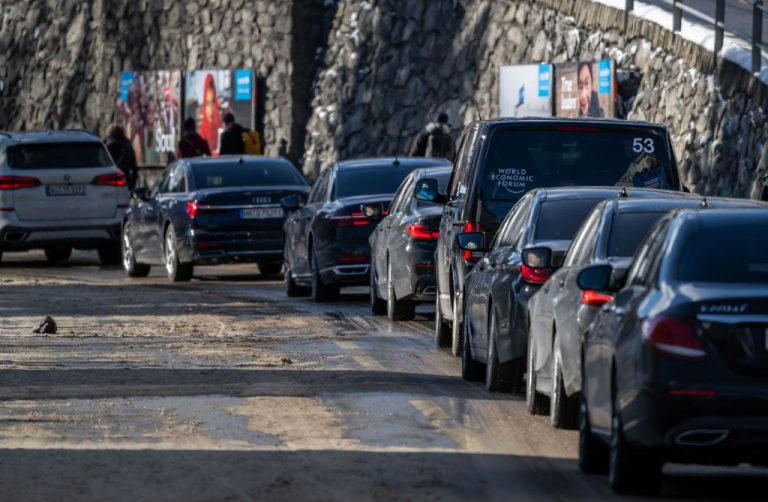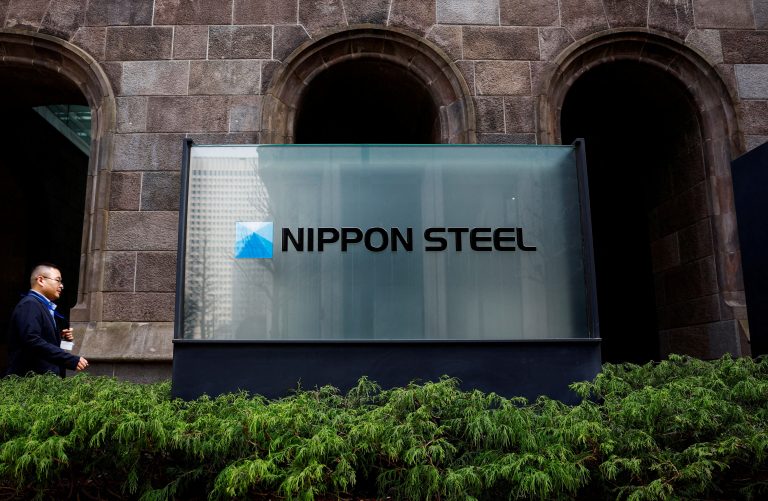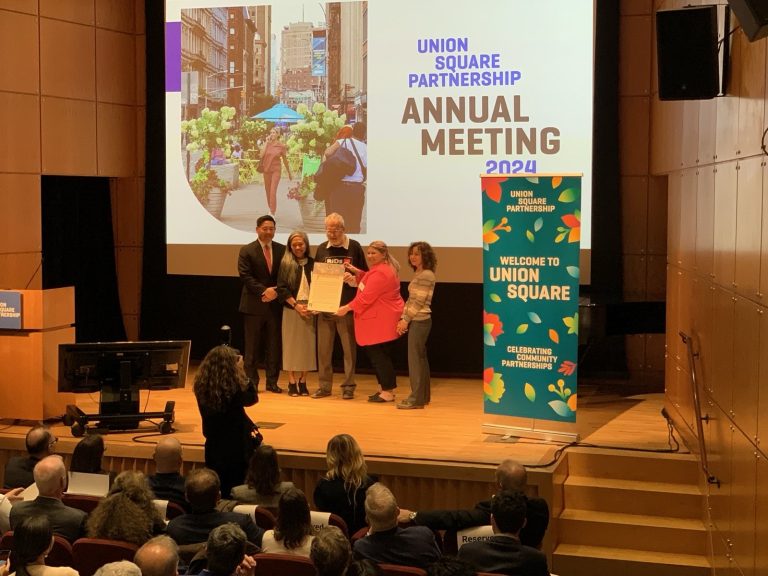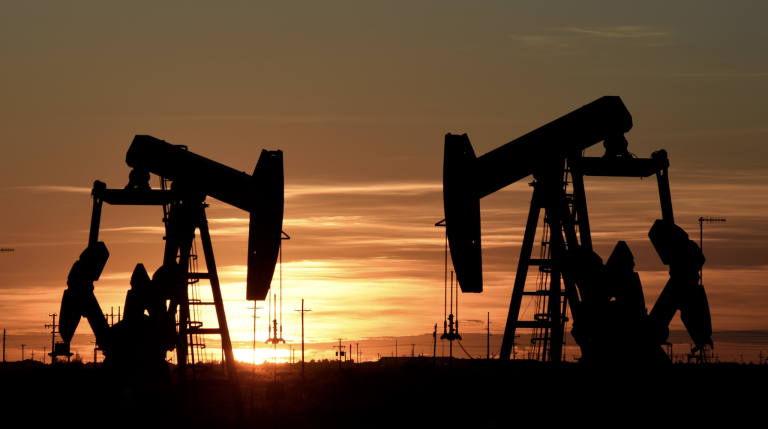The “cost of living crisis” has replaced “weather extremes” as the most urgent issue the world will have to deal with in the coming decade, per the annual WEF meeting.
About a week before their convention in Davos, Switzerland, on Jan. 11, WEF members released the Global Risks Report 2023. The findings were based on a survey among 1,200 “global risk experts, policymakers, and industry leaders” to identify the most significant risks the world is likely to face.
This year’s report, like every year’s, paints a grim image of our future world. “The next decade is likely to be marked by environmental and social crises driven by underlying geopolitical and economic trends,” it said.
“We have seen a return of the ‘old’ risks – inflation, cost-of-living crises, trade wars, capital outflows from emerging markets, widespread social unrest, geopolitical confrontations, and the specter of nuclear war,” the report warned sternly.
To the question of what they considered the greatest threat to the world in the next two years, most interviewees filled in the “cost of living crisis” while pinpointing “failure to mitigate climate change” as the biggest long-term global risk for the next decade.
WEF and the Great Reset
Success
You are now signed up for our newsletter
Success
Check your email to complete sign up
The World Economic Forum (WEF), a globalist international thinktank that boasts having assembled hundreds of influential politicians, monarchs, CEOs, and Showbiz stars, is currently convening in Davos, Switzerland, from Jan. 16 to Jan. 20 for its yearly chit-chat to decide on the fate of our economy, the planet, and humanity.
The theme of the 2023 Summit is “Working together in a fragmented world.” As expected, it will be led by WEF architect and chairman Klaus Schwab, champion of the “Great Reset.”
READ MORE:
- World Economic Forum 2023 Davos Summit Cancels Elon Musk’s Twitter
- ‘Digital Pandemic’ Preparation: Supply Chain Attack Simulation To Be Conducted Between World Economic
- Senior Democrat Senator Pressured Twitter to Push Russia Collusion Narrative, Newest ‘Files’ Show
- Attacks on American Energy Infrastructure Peaked in 2022; Over 100 Incidents Reported
In Schwab’s words, the pandemic provided a “narrow window of opportunity” to create a great reset to reshape our worldwide society into a more resilient, inclusive, and programmed one.
Schwab has also detailed his ideas in several books, most notably The Fourth Industrial Revolution.
Schwab reportedly loses sleep over the world being overpopulated, and he is a great proponent of mass vaccination. Furthermore, the WEF plays a key role in implementing the global sustainable development goals as deposed in the illustrious Agenda 2030, a contract with the United Nations that nearly all world leaders pledged allegiance to have fulfilled by 2030.
WEF takes on global warming
Since the start of the rollout of Agenda 2030 in 2017-2018, national governments have relentlessly pushed for reforms that rarely served the people but were always intended to meet the goals of the sacred Agenda 2030 in the name of containing an alleged lethal virus, reshape food production, or, most notably, counter “global warming.”
And though climate change and reducing our carbon footprint remain predominant on the agendas of the elite visiting the annual tea party, it didn’t stop them from flying in with their private jets and gas-guzzling limousine motorcades.
Furthermore, an additional 5,000 troops were summoned to assist local police forces in providing security for some 2,500 guests.
Not everyone was pleased by this display of globalist environmental forces, as bestselling author Marc Friedrich commented on Twitter: “5,000 soldiers protect 2,500 guests who arrive with over 2,000 private planes and are served gourmet food. The CO₂ footprint extends from Casablanca to Istanbul. But the rest should save, consume less, eat differently, share, pay.”













